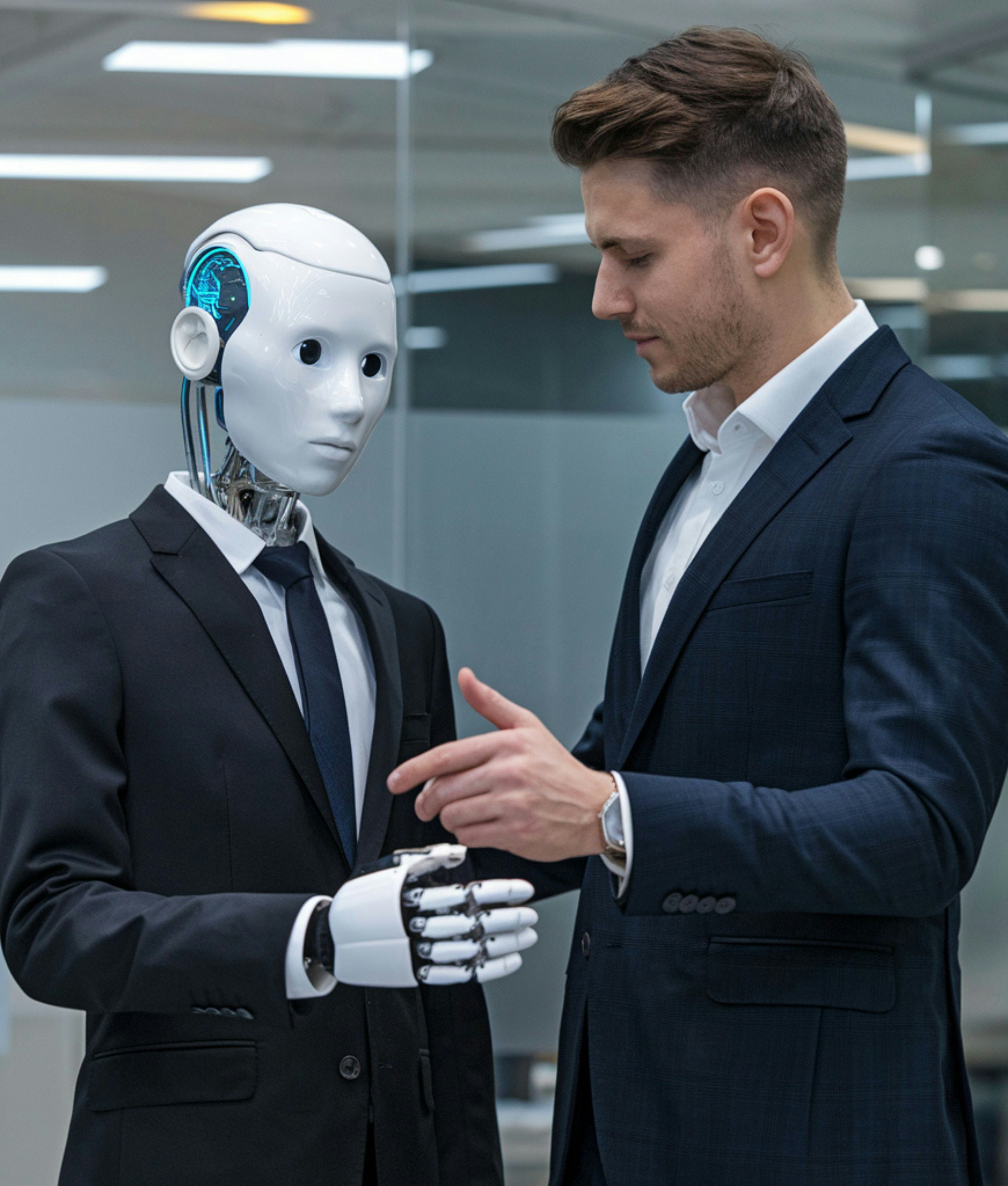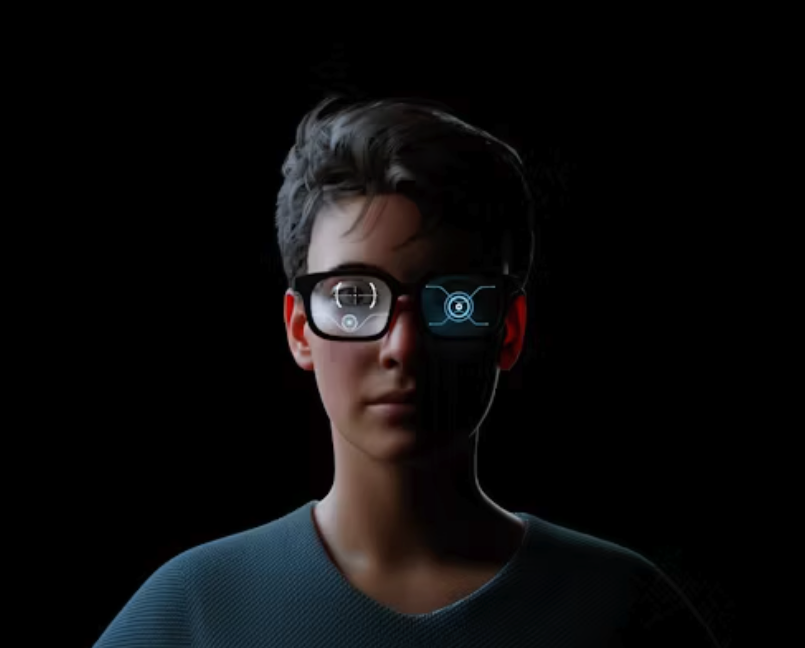The Rise of AI Companions: Are Virtual Friends the Future of Human Connection?

The Rise of AI Companions: Are Virtual Friends the Future of Human Connection?
In recent years, the development of artificial intelligence (AI) has progressed at a breathtaking pace, extending beyond industrial automation and data analysis into more personal realms. Among the most fascinating and controversial trends is the rise of AI companions — virtual friends powered by advanced machine learning algorithms designed to interact with humans in natural and empathetic ways. As we enter 2025, these AI companions are becoming increasingly sophisticated, raising profound questions about the future of human connection.
What Are AI Companions?
AI companions are software entities that simulate human-like conversation, emotions, and social interaction. They can exist in various forms, including chatbots, virtual avatars, or even physical robots. Unlike traditional digital assistants that focus on task completion (like Siri or Alexa), AI companions aim to provide emotional support, companionship, and social engagement.
Popular examples include:
- Replika : An AI chatbot designed to be a friend and confidant.
- Woebot : An AI therapist chatbot helping users with mental health.
- Hugging Face : An open-source platform hosting AI conversational agents.
- Social robots like Pepper and Misty that interact physically with humans.
Why Are AI Companions Gaining Popularity?
Several social and technological factors contribute to the growing acceptance of AI companions:
1. Increasing Loneliness and Social Isolation
Modern society faces an epidemic of loneliness, exacerbated by urbanization, remote work, and the COVID-19 pandemic. AI companions offer an accessible form of interaction for people who might otherwise feel isolated.
2. Advances in Natural Language Processing (NLP)
Cutting-edge NLP models enable AI companions to understand context, sentiment, and nuance, making conversations more meaningful and less mechanical.
3. Mental Health Support
With rising awareness of mental health, AI companions provide a non-judgmental space to talk, offering immediate help and complementing traditional therapy.
4. Personalization and Learning
AI companions adapt over time, learning individual preferences, personalities, and communication styles to create a customized relationship.
Potential Benefits of AI Companions
- Emotional Support : Providing comfort during times of stress or loneliness.
- Social Practice : Helping socially anxious individuals practice conversations.
- Accessibility : Offering companionship to elderly or disabled individuals.
- 24/7 Availability : Always “on” for interaction, unlike human friends.
Ethical and Psychological Concerns
Despite the benefits, the rise of AI companions raises important questions:
1. Emotional Dependency
Can reliance on virtual friends replace human relationships? Excessive dependence might exacerbate isolation.
2. Authenticity and Trust
AI companions simulate emotions but do not possess consciousness. This may lead to blurred lines between reality and artificiality.
3. Privacy and Data Security
AI companions require personal data to personalize interactions, raising concerns about data misuse or breaches.
4. Social Skills Impact
Some experts worry that overuse of AI companions might reduce real-world social skills and empathy.
The Future Outlook
AI companions are expected to become more immersive and multimodal, integrating voice, facial recognition, and even virtual reality (VR) environments. Advances in affective computing aim to enable machines to detect and respond to human emotions more naturally.
In parallel, regulations and ethical frameworks are developing to guide the responsible design and deployment of AI companions.
Conclusion
AI companions represent a new frontier in human-computer interaction, offering both promise and pitfalls. As virtual friends become increasingly human-like, society must navigate the delicate balance between technological innovation and the fundamental human need for genuine connection. Whether AI companions will supplement or supplant traditional relationships remains to be seen, but their impact on the social fabric is undeniable.




